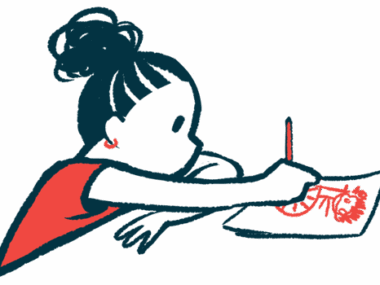Chatting with mothers of children with sickle cell disease
Some observations as a sickle cell mentor
Written by |

Mentoring young people with sickle cell disease has been an enriching endeavor. I’ve learned and shared a lot about how the disease affects people differently. As a result of these differences, I must figure out how to best support each mentee. I recently had a conversation with the mother of one of my mentees, and her concerns were similar to those of other parents of children with sickle cell disease.
My mum’s favorite question to this day is, “Are you OK?” When I was growing up, this question meant that she was asking me if I was having a sickle cell crisis or not. Because sickle cell is an invisible disorder, a parent can’t tell if their child is having a crisis just by looking at them. But a mother always knows when something is wrong with their child. My mum always saw through my lies when I said I was OK, but was clearly in pain and discomfort.
I internalized at a young age that having a crisis wasn’t as simple as having a parent look after me while I stayed home from school. It meant my mum would have to miss work, which had financial consequences. As a result, I often tried to hide my pain so that life could continue as usual for my mum and others who looked after me.
But hiding my pain was not a healthy solution.
Being prepared
One question I get from mothers of children with sickle cell disease is whether there’s a way to predict when a crisis is coming. I responded that currently, it isn’t possible. It’s like predicting when a child will catch a cold or take a fall. But what you can do is be prepared for when it does happen.
Growing up, I was fortunate to have a pediatric team that encouraged me to practice sports and stay active. Being active and having a nutritious diet provided me with the best ingredients to build my body.
I have a huge appreciation for mothers of children with sickle cell because it isn’t easy. Doing the best for the children is all we can ask for.
Note: Sickle Cell Disease News is strictly a news and information website about the disease. It does not provide medical advice, diagnosis, or treatment. This content is not intended to be a substitute for professional medical advice, diagnosis, or treatment. Always seek the advice of your physician or other qualified health provider with any questions you may have regarding a medical condition. Never disregard professional medical advice or delay in seeking it because of something you have read on this website. The opinions expressed in this column are not those of Sickle Cell Disease News or its parent company, Bionews, and are intended to spark discussion about issues pertaining to sickle cell disease.







C. Dobson
Mental illness is real, especially for males with SCD. More information needs to be made available to this population.
Dunstan Nicol-Wilson
Hi C. I agree with you definitely needs to be more support with mental illness and SCD